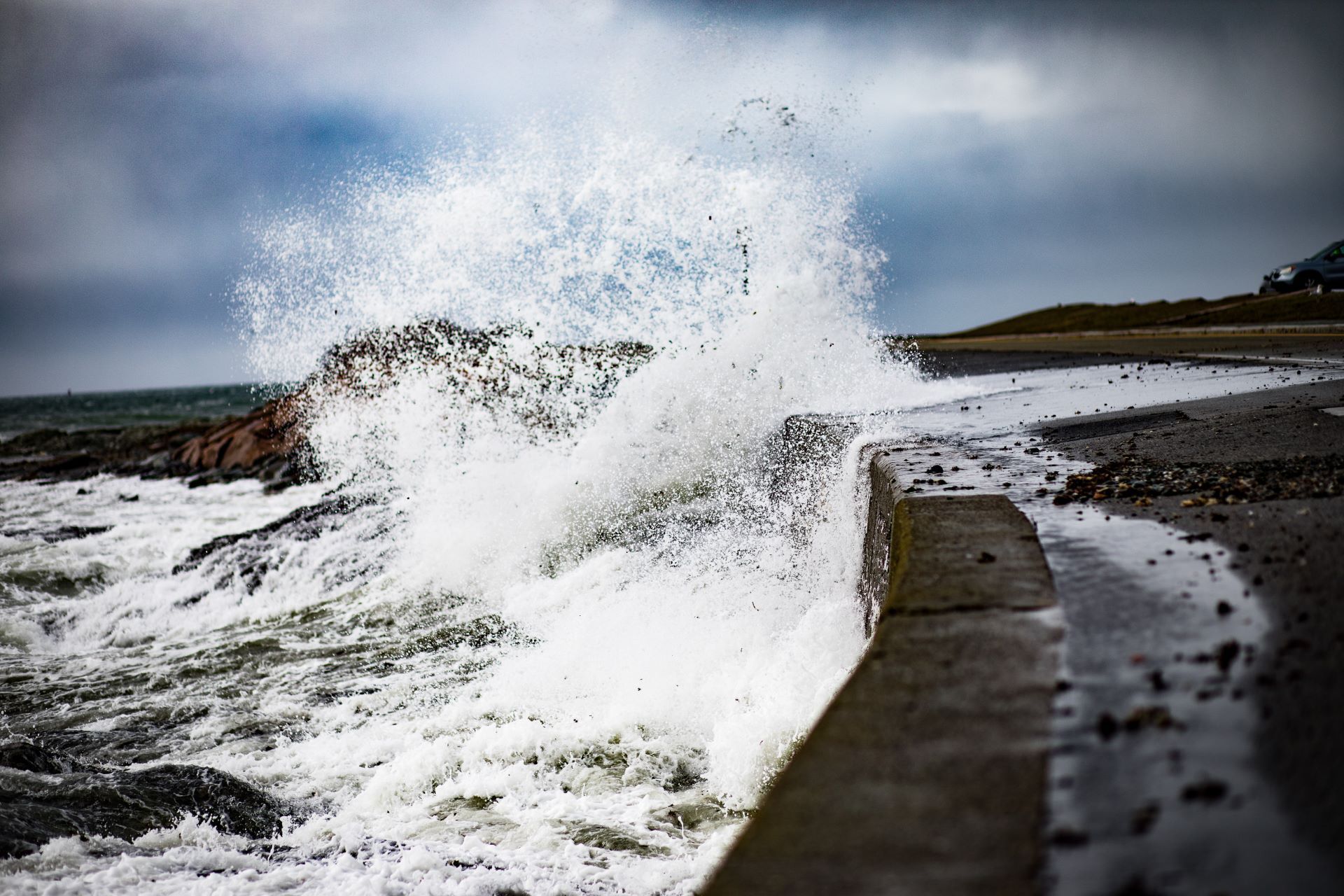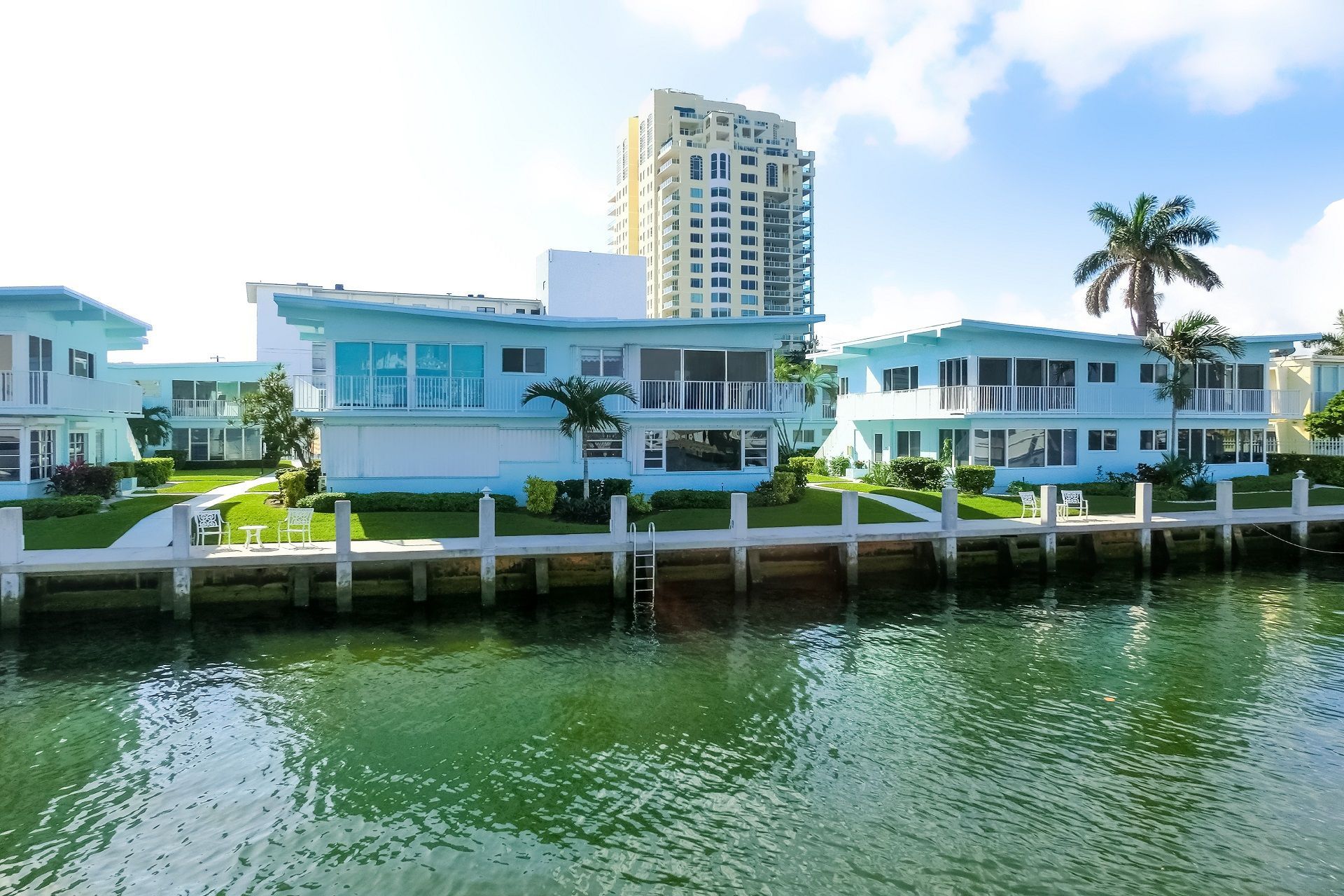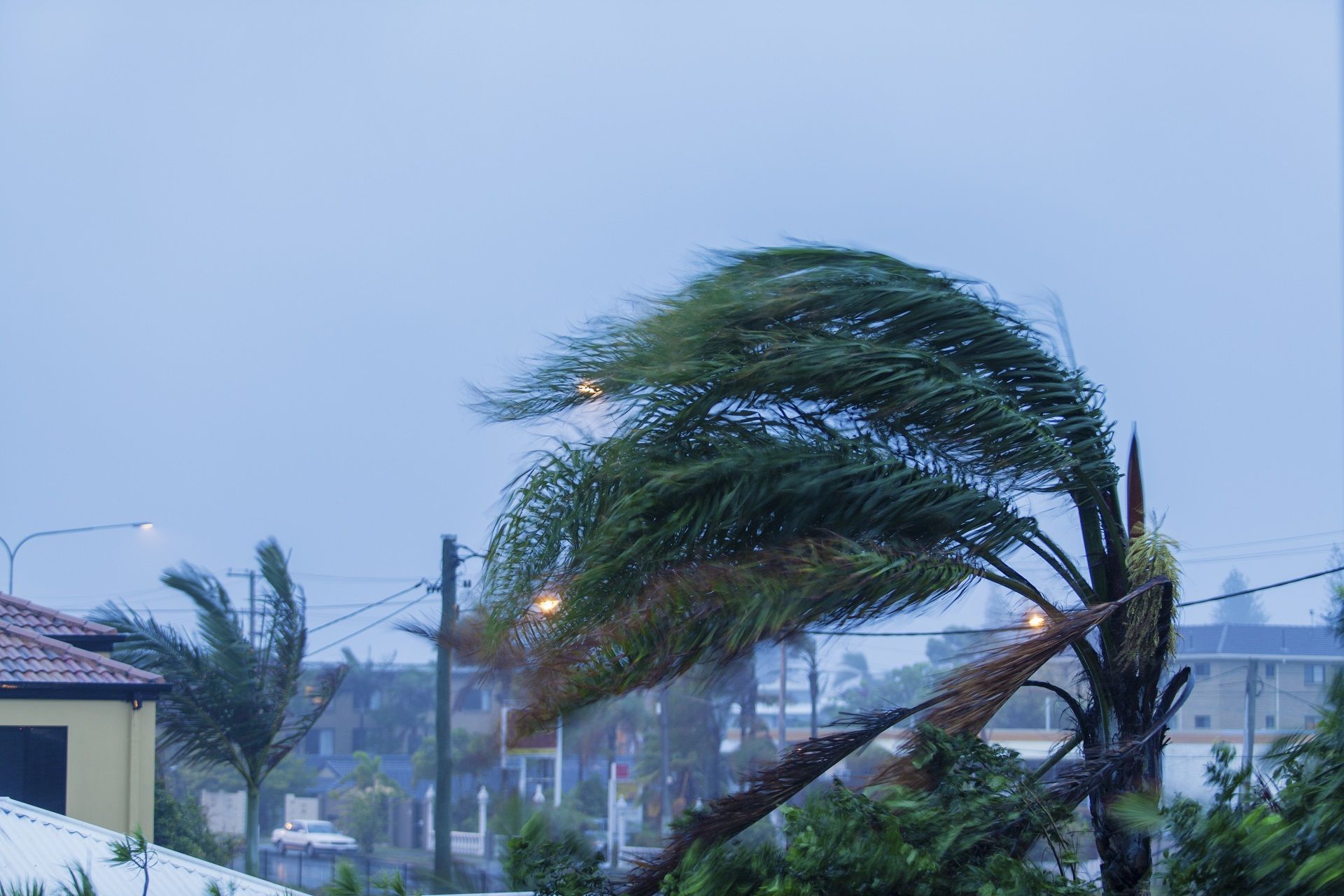What Are The Pros And Cons Of a Wood Dock vs a Concrete Dock?
Having your own private dock is a sign you’ve made it. You don’t need to hoist your boat at the marina each time you want to enjoy a boat ride, and you’re free to do whatever you want.
However, if you’re looking at a property with a dock, you have to take extra care. Docks and seawalls are amazing, but they’re also bombarded by waves 24/7 and are prone to damage that is hard to address on the cheap.
In the worst-case scenario, you’ll fall in love with the property and its waterfront features and overlook the glaring faults - ones that you’ll discover after you start using the dock.
So, what’s the solution?
Simple - a wood dock inspection and/or a
seawall inspection.
Before we review what these inspections cover, we’ll have to explain the differences between concrete docks & wood docks. The reason we’ll talk about it is simple: these two materials are not the same, and despite the variations in pricing, they’re also different with maintenance.
Differences Between Concrete Docks & Wood Docks
The biggest difference is the cost. A concrete dock costs around 20% more than a wood dock. Although this might make it seem like a wood dock is a total steal, it also requires significantly more maintenance.
Consider this when thinking about concrete docks & wood docks:
Wood is prone to rot, which is exponentially worse for a structure in constant contact with the water. Even though wood is often treated, even the most well-maintained wood docks eventually succumb to the elements. To somewhat alleviate the problem, people with wooden docks sand down the dock at least once a year and apply a fresh coat of varnish. Doing this stains the dock and offers a new layer of protection against the water.
When looking at a property with a wood dock, you may also run into rust and rot - another form of damage common with these structures. Sure, you may replace the rotted pieces and nails before the damage spreads, but doing so is expensive, and considering you just bought a property, you may need more cash to spare.
Concrete docks are a lot more resilient. While such a dock may be more expensive, it doesn’t require as much maintenance as the wooden dock.
For starters, it doesn’t rot, and even if some cracks appear, you can repair them easily. Plus, you can always pressure wash the dock, helping restore it to its original state. Plus, a concrete dock can last for multiple decades, and it’s accessory-friendly, so you’ll get a lot more mileage out of it.
Why A Dock Inspection Is Necessary
As experts in dock inspections, we know just how important proper dock maintenance is. Over the years, we’ve seen many docks and seawalls crumble in front of our very eyes because of subpar maintenance practices.
A wood dock inspection or a concrete dock inspection is essential whenever you’re looking at purchasing a property located on the water. Sadly, many homeowners fail to schedule this service and opt for a regular home inspection.
This isn’t surprising, as most inspectors are unfamiliar with marine construction and will fail to recommend or advertise the service. As a result, most buyers are oblivious to the implications of a poorly constructed or poorly maintained dock or seawall. They’re usually hit with the realization that they’ll need to invest some serious money into repairs after purchasing the property.
What Do Dock Inspections Include?
Here at Certified Inspectors, our inspections are performed by certified divers with decades of strict training and experience in marine construction. Because we have the means to observe the dock on the surface and underwater, our report will provide you with a complete picture of the marine structure’s condition.
In fact, our dock inspection is the most complete inspection in entire Florida, including the following:
- Determining the material the dock is built from (concrete, composite, wood)
- Inspecting dock components like the deck, the joists, pilings, stringers, metals, fasteners, and other components visible under the water and above
- Inspecting plumbing and electrical components if present
- Capturing extensive photographic evidence and recording an underwater view of the dock to accompany the report and is accessible online
- Checking for evidence of any structural defects, failure, or deterioration under the surface and above the ground
- Offering a professional opinion on the structural integrity and the life expectancy of the dock
It’s worth noting that a dock inspection is non-invasive. Our experts won’t unearth the pilings and the dock will be in the same condition as it was before we checked it.
What About A Seawall Inspection?
In addition to evaluating the dock, you should also check the condition of the dock. Seawalls are important structures protecting waterfront properties from ocean waters, erosion, and property damage.
Most seawalls in Florida are old and worn, and to protect your investment, you should schedule a third-party inspection to provide an objective assessment of the condition of this important marine construction.
Seawall inspections involve assessing structural integrity, composition, toe level, table levels, crest level, beach scour, and wave overtopping. Visual inspections start on land, extending below the waterline, but we may also use advanced tools, such as ultrasonic sensors and acoustic imaging to provide a more comprehensive evaluation.
Upon completing the inspection, you receive a detailed report with findings and recommendations for repairs or maintenance. Given the varying shapes and sizes of seawalls, each inspection is unique.
Because of constant exposure to elements, regular annual inspections are recommended to detect and address potential issues early, preventing costly damages. If you’re wary of the price, just consider the cost of constructing a new seawall, and you’ll clearly see that the expense of inspections and maintenance is relatively minor.
Leave No Stone Unturned
You learned a lot of information today, from the differences between concrete docks & wooden docks and the importance of inspecting the dock and the seawall. You also gained an insight into how these services can benefit you and help you purchase a waterfront property with an extra level of confidence.
But who should you hire?
While the choice is ultimately up to you, never settle for less. Examining a dock and a seawall is not as simple as regular
home inspection, so only work with an inspection company with all the necessary certifications and a positive track record.
Certified Inspectors is the best choice if your primary goal is getting the service of the highest quality. We work with Certified Dive Masters with expertise in marine construction who can accurately assess the condition and the remaining lifespan of the dock or a seawall.
Reach us by calling (561) 570-6311 or shooting us an
email, and we’ll be happy to perform a full inspection of your property, including your marine structures.
Share the post:
Recent Posts

What is the Difference Between a Residential Seawall Inspection and a Commercial Seawall Inspection?
Get A Free Quote
Contact Page Contact Form
We will get back to you as soon as possible.
Please try again later.
Reviews
Contact Us
Footer Contact Form
We will get back to you as soon as possible.
Please try again later.
We accept Visa, Master Card, American Express, Zelle, Paypal, Cash or Check as well.
Call: 561-570-6311
All Rights Reserved.
This website is managed by Oamii.





